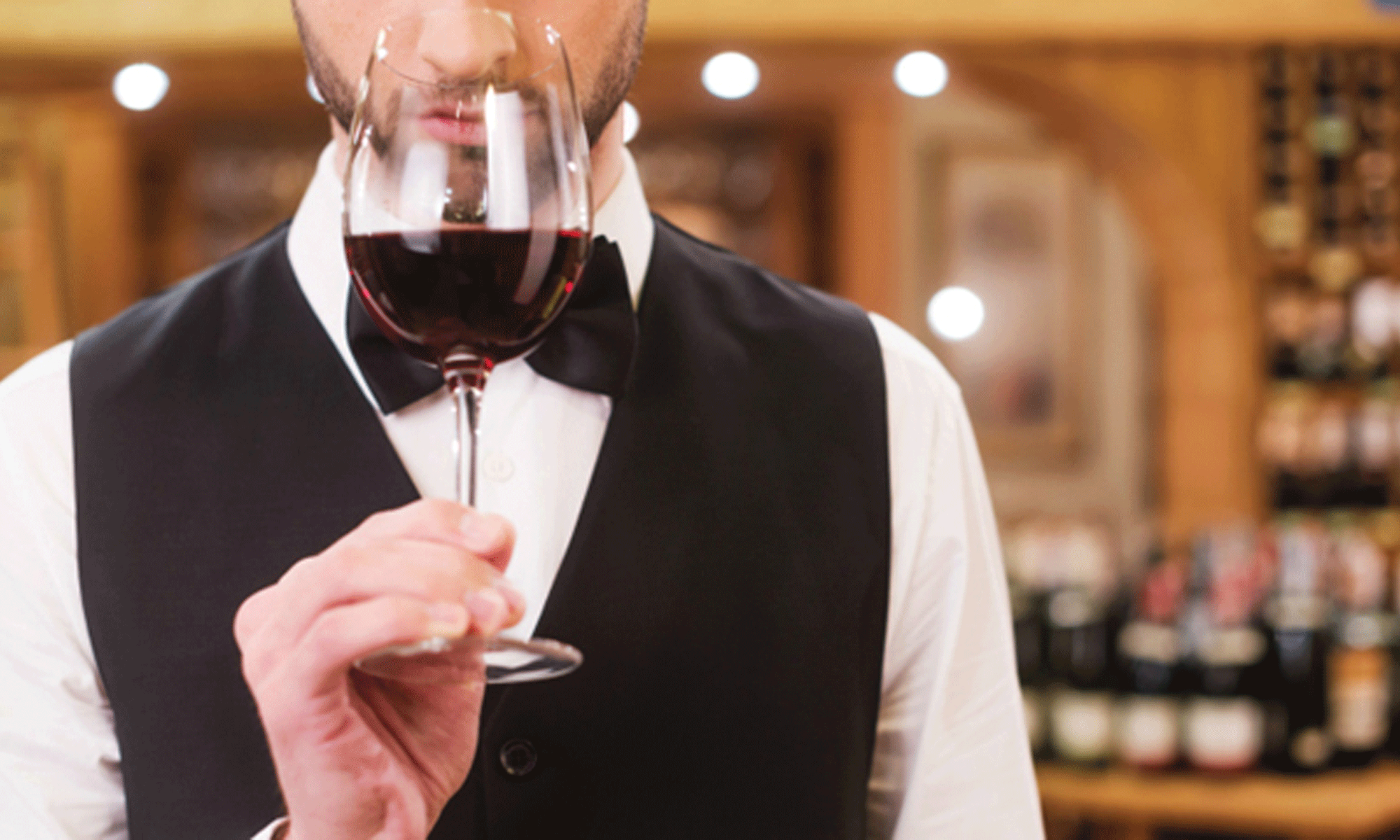
In the wine industry, there is a lot of talk about sustainability. That extends to how the grapes are grown and the organic agricultural methods used, but not too much else. For instance few talk about implementing fully recyclable labels and cardboard cartons.
It is an open secret that the only way to make a significant step towards sustainability in wine is to move away from heavy glass bottles.
I really don’t understand why winemakers are still hesitating whether to use a lighter bottle. Do they need more evidence?
- Jancis Robinson, MW, is leading a campaign against unnecessarily heavy wine bottles, among other things, they launched a petition to the Wine Trade Associations:
- all wine datasheets should include bottle weight to encourage producers to eliminate unnecessarily heavy bottles
- all wine reviews should report the weight of the bottle to allow consumers to make an informed choice
- Tesco, a UK supermarket chain, launched the lightest-ever wine bottle. The new bottle, weighing just 300 grams, is apparently 30% lighter than the lightest bottles
- A 2019 report commissioned by the Finnish alcohol monopoly, Alko, confirmed that glass bottles represent almost half of the total environmental impact of wine (46%). The report also shows that alternative packaging such as 33cl aluminium cans can reduce CO2 emissions per litre of wine by 3.5 times compared to a standard 75cl glass bottle (540 g); lightweight glass bottles (420 g) have a carbon footprint that is about 22% less than that of traditional glass bottles (540 g)
- In Canada, the Liquor Control Board of Ontario announced that from 2023 it will no longer purchase wines packaged in bottles weighing more than 420 grams.
The path ahead is clearly marked, do not waste any more time, do yourself a favour as well as the environment!


